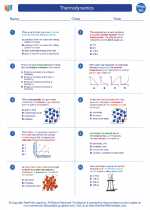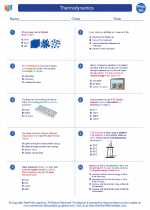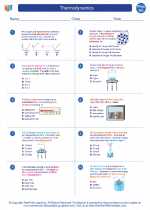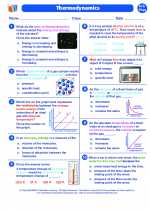Day
The concept of a "day" is a fundamental unit of time measurement based on the Earth's rotation. It is defined as the period of time during which the Earth completes one full rotation on its axis. This rotation causes the cycle of day and night, as different parts of the Earth are exposed to the Sun's light at different times.
Duration of a Day
The average duration of a day, known as a solar day, is 24 hours. However, due to factors such as the Earth's axial tilt and its elliptical orbit, the actual duration of a day can vary slightly throughout the year. This variation is accounted for by the use of mean solar time, which averages out the differences in day length over the course of a year.
Measurement of Time
Days are typically divided into 24 hours, with each hour further divided into 60 minutes, and each minute divided into 60 seconds. This system of time measurement is based on the sexagesimal numeral system, which originated from ancient Sumeria.
Study Guide
When studying the topic of "day," it is important to understand the following key concepts:
- Rotation of the Earth: The Earth's rotation on its axis is what causes the cycle of day and night.
- Solar Day: The average duration of a day, which is approximately 24 hours.
- Mean Solar Time: The concept of averaging out the variations in day length over the course of a year.
- Time Measurement: The division of a day into hours, minutes, and seconds based on the sexagesimal numeral system.
Additionally, it is important to be familiar with the historical and cultural significance of the concept of "day," as well as its relevance to various fields such as astronomy, physics, and timekeeping.
.◂Physics Worksheets and Study Guides High School. Thermodynamics

 Worksheet/Answer key
Worksheet/Answer key
 Worksheet/Answer key
Worksheet/Answer key
 Worksheet/Answer key
Worksheet/Answer key
